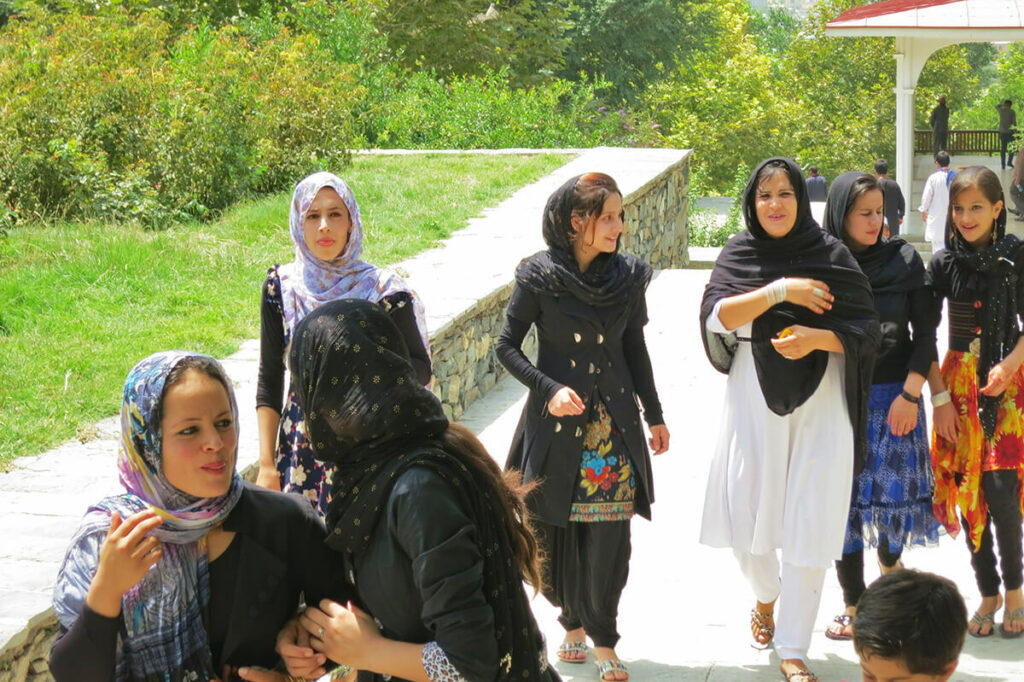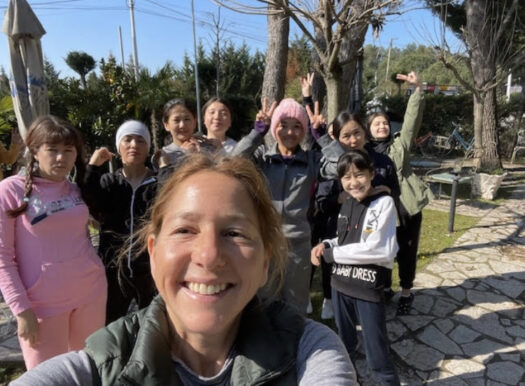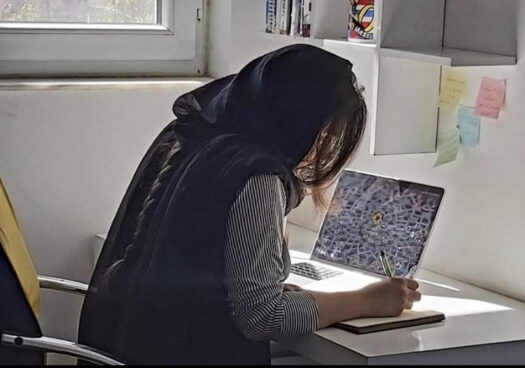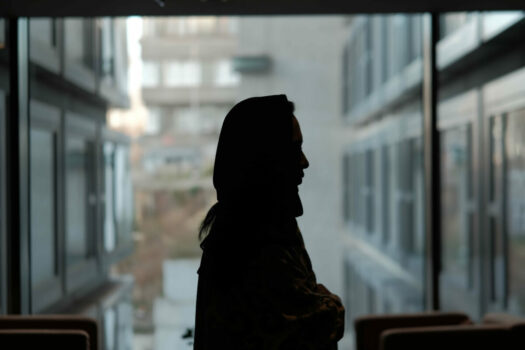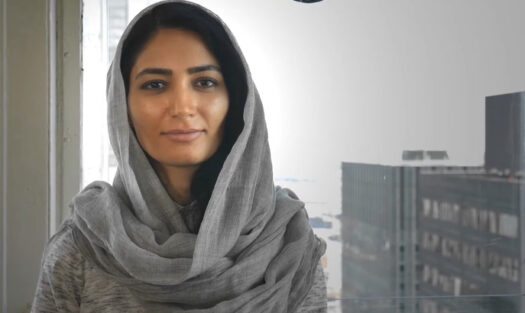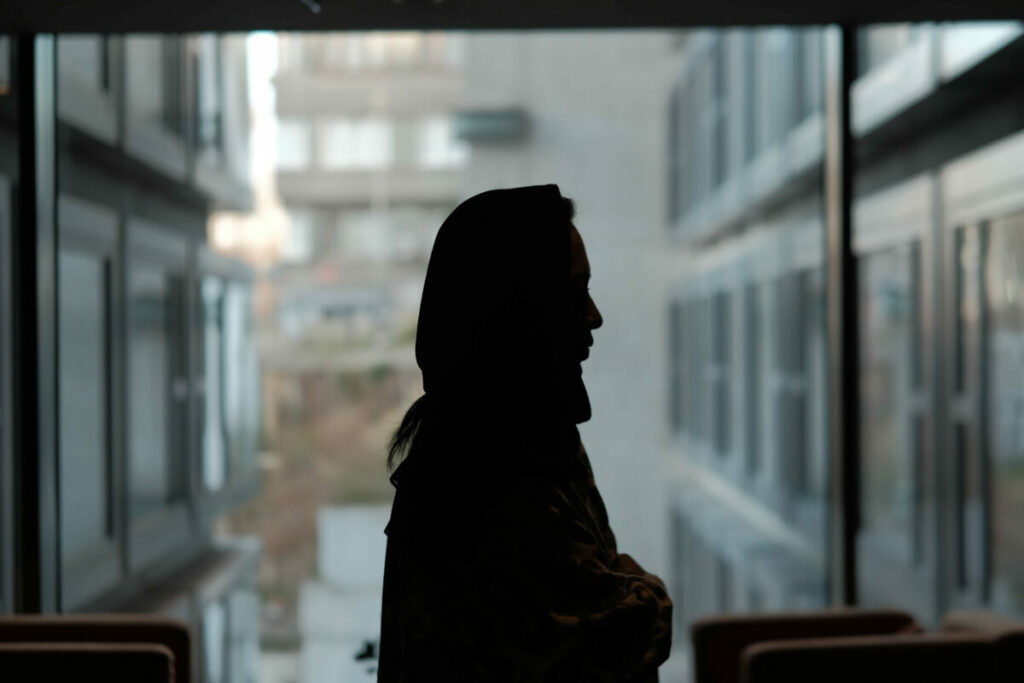
Editor’s Note: This is part of our Afghan Women project, marking two years since the Taliban takeover.
When the Taliban began seizing control, women who had been in positions of power feared for their lives. That was especially true of female judges. These women had once been central to the government’s plan of building a democracy. They had helped establish courts where domestic violence victims could seek recourse. And perhaps most galling of all, these women had once dared to judge men — a punishable act under the new regime.
We spoke to a judge – she didn’t want us to use her name or hometown, for safety reasons – who watched with horror as the Taliban began taking over cities and rural areas. When she realized her province was next, she and her family fled to Kabul.
It wasn’t a moment too soon. “We arrived in the capital, just after 24 hours Taliban controlled our province,” she said. The Taliban had come to her hometown at 10 p.m., and she learned from neighbors that “they came to our house at midnight,” looking for her, doubtlessly to extract revenge. But fortunately she had already left.
She spent the next 45 days in hiding. She was in touch with the International Association of Women Judges, which launched a heroic effort to evacuate and resettle 250 Afghan members, often using encrypted networks and messages. And then she was connected to Danna Harman, the journalist who was already helping Afghanistan’s all-girls robotics team flee the country.
At first “I couldn’t believe her” as Harman was saying “we want to evacuate you” – and the judge was worried that it could be a Taliban trick. But after verifying Harman’s credentials with the IAWJ, she accepted the offer and soon found herself in a vehicle headed out of the country. Eventually, she made it to Tajikistan and then Albania, where she spent 6 months before she and her immediate family were resettled in Canada.
Today, “our life is good,” she says, and she is currently studying English at a community college (her husband, who is more fluent in English, assisted with the interview.)
But she cannot say the same for women back in Afghanistan. “They don’t have access to education, to work. They are living under house arrest. It’s very, very difficult to have hope at the moment.” She is in touch with family, and it’s devastating. “They’re all in their homes crying. It’s too hard,” she says. “They don’t have income. It’s a bad situation.”
The judge hopes the international community will find a way to help Afghan women. She, like other women we interviewed, are worried that the Taliban now has weapons – some of the billions of dollars’ worth that the U.S. military reportedly left behind – and are newly emboldened.
She is most concerned for the young girls growing up in Afghanistan now, especially in rural areas where access to the Internet is sparse and opportunities to be educated in the home are limited.
Does she miss Afghanistan? “Yes, of course. We can never forget our country,” she says. But… “we lost all of our achievement.”
The Women We Talked To
The Israeli-American Journalist Who Led an Escape Mission
Danna Harman didn’t have any tools or resources, but she knew she had to do something to help the Afghan girls who reached out to her.
The Teacher Who Chose to Stay Behind
When Munireh’s father first received news of the Taliban takeover, he sent all the women in the family to Iran – but she refused to leave Afghanistan.
The Pop Star Whose Fan Helped Her Get Out
After Shakiba Teimori showed her long, flowing hair on television, it was as if she were exiled. And then she fled for real.
The Aspiring Journalist Following in the Footsteps of Her Father
Marwa Dashty’s father, a well-known journalist, was killed after the Taliban took over. Now, the 20-year-old wants to continue his legacy by becoming a journalist herself.
The Judge Who Escaped: ‘We Lost All of Our Achievement’
Since the Taliban’s return to power, women judges – who once dared to sentence men for their crimes – have been forced into hiding. We spoke to one whose identity we are protecting.
The Founder of Afghanistan’s First All-Girls Coding School
Fereshteh Forough opened Afghanistan’s first coding school for girls and women – but the Taliban’s ban on education prevents students from learning in-person.
The Mobile App Developer Secretly Working Online
Parima hides the fact that she works remotely, as many of her neighbors in Afghanistan don’t believe women should have jobs.
The College Student Getting a Fresh Start
Rodaba Noori is enjoying her new life at Bard College in upstate New York, but she still doesn’t consider it home.
